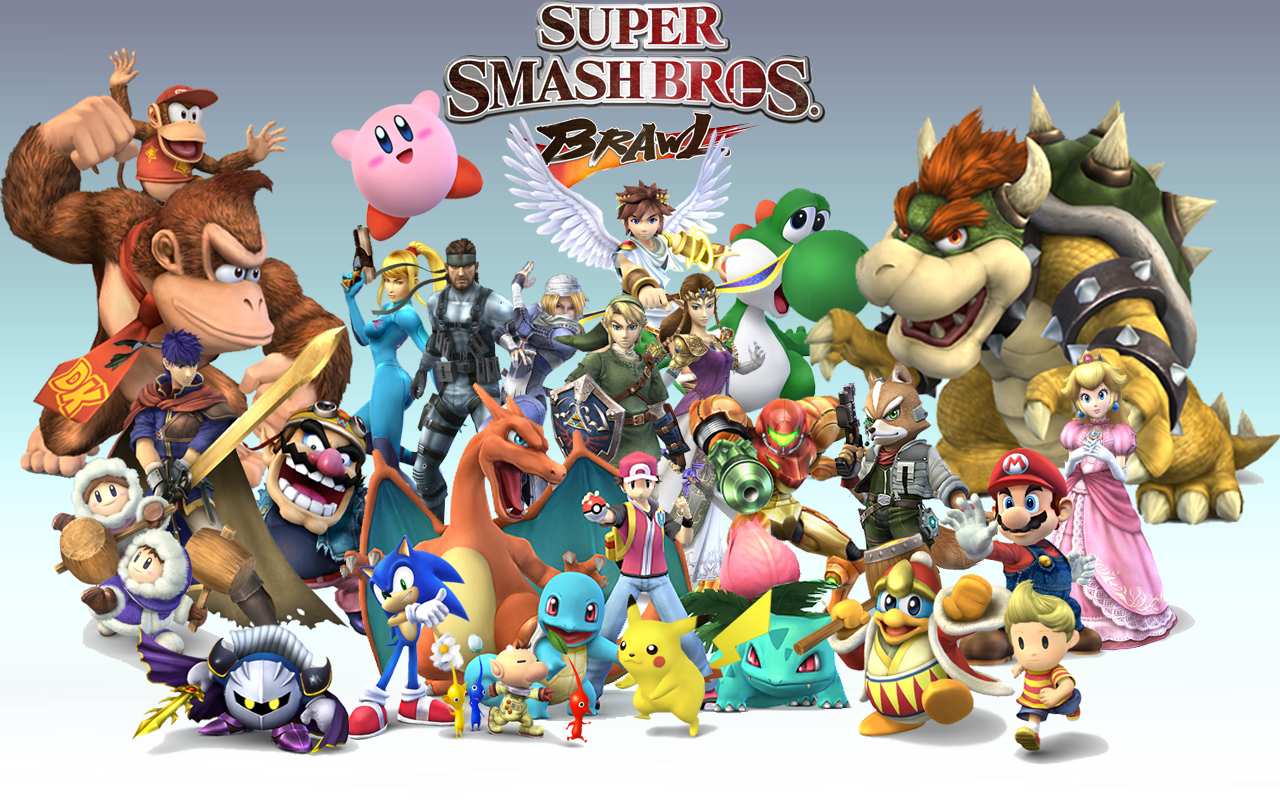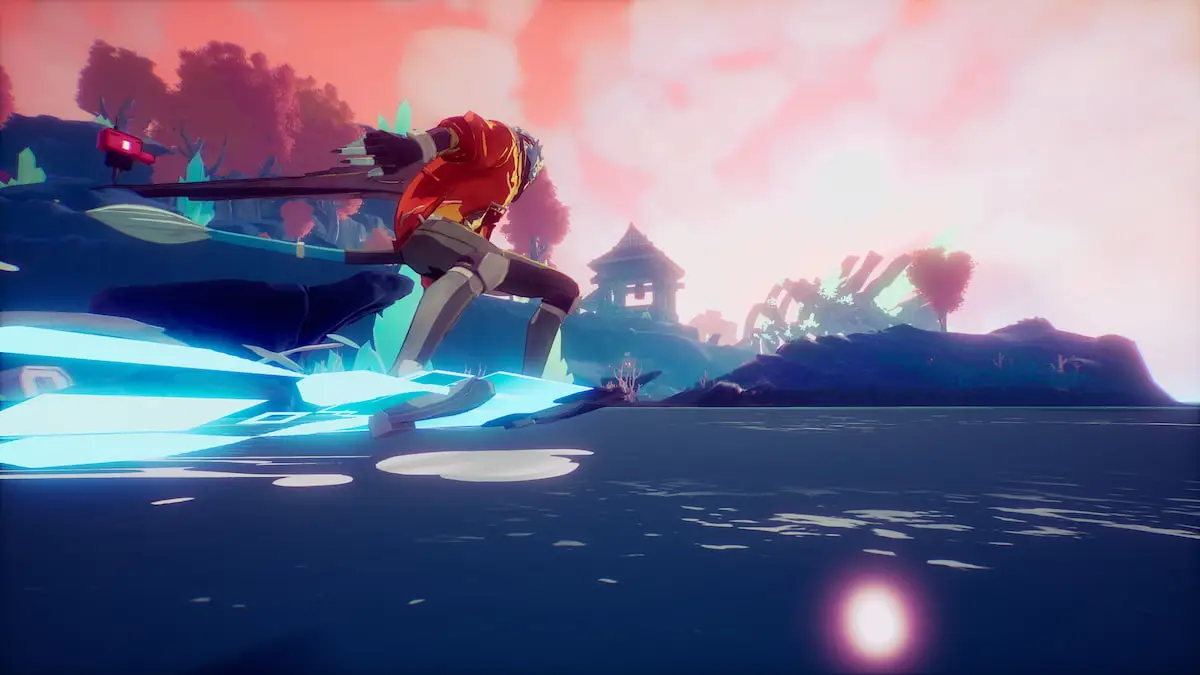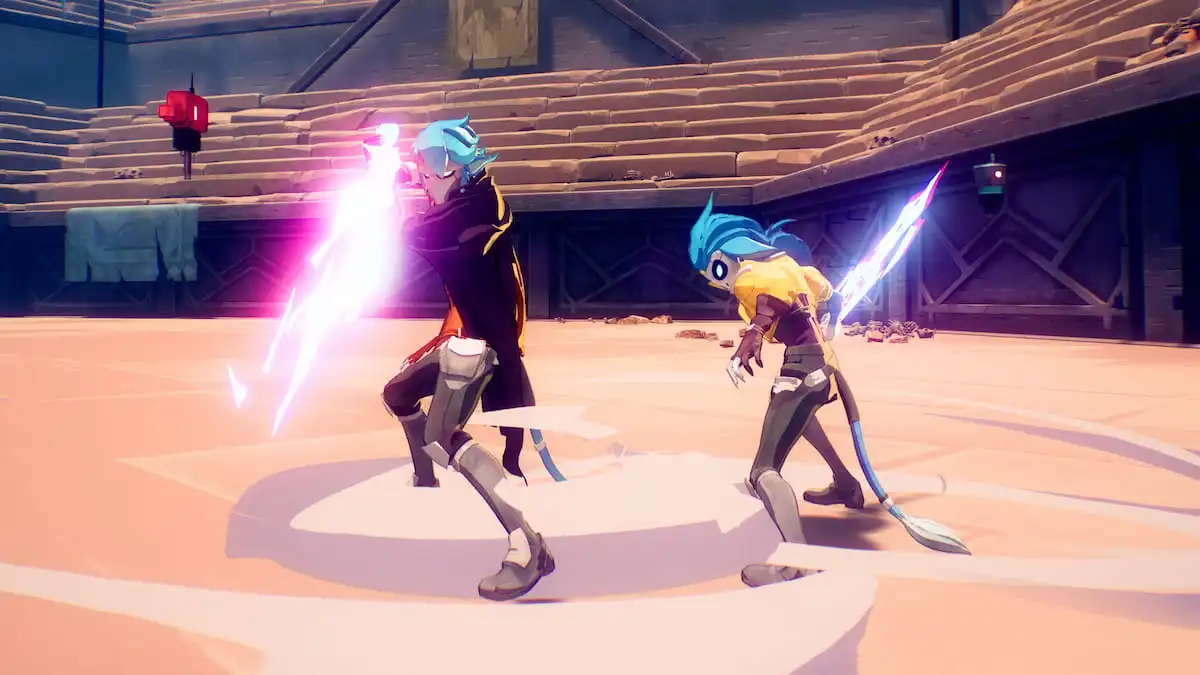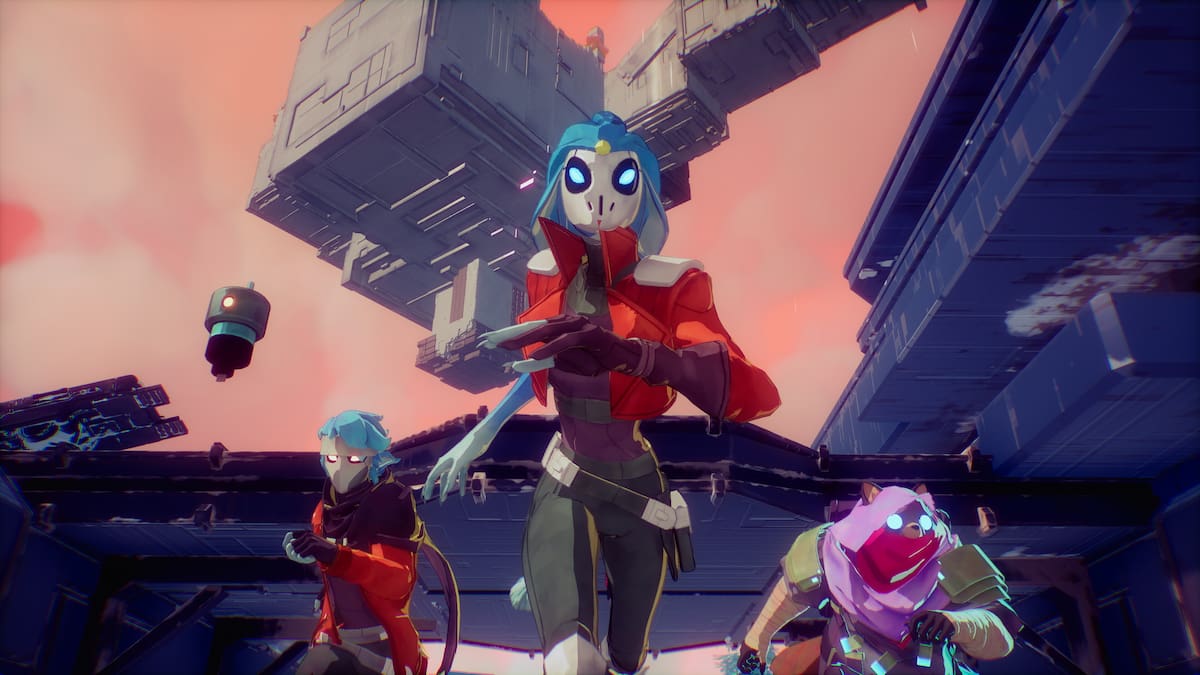Following in the steps of the hugely popular 2013 documentary
The Smash Brothers, Corey Shin hopes to make something similar. He wants to make an episodic series that highlights some of
Brawl’s greatest rivalries, all available for immediate consumption online. And because many from the
Brawl community moved onto
Smash Bros for Wii U, dubbed
Smash 4 by fans, it would invariably also cover the current scene. He’s been filming for a while, but has found that his current crop of equipment does not lend favorably to quality production. So he’s asking fans for help.
We reached out to Shin about his Kickstarter and got some insight on what he hopes to accomplish.
What gap are you trying to fill? What do you want this doc to accomplish?
Shin: The smash community has experienced an influx of attention recently. With the release of Smash Wii U and revival of Melee, numbers for Smash are at an unprecedented level right now.
When I watch the talent play their hearts out on the big stage for nationals, in front of hundreds of thousands of people, I always get this naggy feeling. These players have so many fans, but do they even know where their paths started? To give an example: When I watched top players Ally and Nairo play in tournament for the first time in Smash Wii U, I had goosebumps.
This is because I knew about their long standing rivalry in Super Smash Bros. Brawl, where Nairo had never defeated Ally once. Ally was Nairo’s demon, yet in Smash Wii U he overcame it. I was there, I remember these moments during Brawl’s days, watching the frustration on Nairo’s face.
Then, I was there to watch when the curse ended. But very few would get the goosebumps I did from watching these matches. The set was entertaining, but I would say that a good chunk of those watching didn’t know “the story” behind the set. Melee’s documentary gave context to these matches and rivalries. I want to do the same. All of the players you see today topping at Smash Wii U nationals were die hard Brawl competitors.
Now that these competitors are performing in a game that is much more widely accepted in the realm of the Super Smash Bros. community, I thought it would be a good time to tie in the demonized iterations’ history. I thought people would be more open and curious, and it’s true!
People want to know how a lot of these Smash Wii U players started out, and it’s no coincidence that most top Brawl competitors are now top competitors in Smash Wii U. I want the documentary to show where it all started. Furthermore, the legacies lost to time, the ones that were left behind in Brawl that influenced so many of the players still competing today—stories need to be told. History needs to be accounted for.
How has the response been from the community? Both Smash 4 fans and Melee fans.
Mostly everyone I know to be community leaders and players from the Smash 4 and Melee community have been supporting this project. In less than three days the goal is already at 73 percent! It’s been met with such enthusiasm that I’m pretty flattered that everyone trusts me with such a task. I’m thankful for the attempts made by the community as a whole to facilitate this project. The Smash community that exists online is quite uncensored in expressing how they feel. These responses are polarized in terms of positivity and negativity. I’ve gotten emails from people asking how else they might contribute towards the project, but I’ve also received death threats here and there as well.
The most divisive game in the series has been Brawl. Does your doc plan to combat myths about its competitiveness?
Yes, although it is not the main focus. I don’t want to use the documentary as a platform to preach why we thought Brawl was a great competitive game. No one can deny that the game had flaws. However, I do plan to address a lot of the exaggerations and prejudice, because I feel that a lot of the opinions based on Brawl were unmerited. I honestly feel that people need to view it from a different lens to understand why the game was so deep.
Photo via Gitmonation84/Flickr (CC BY 2.0)
Dot Esports is supported by our audience. When you purchase through links on our site, we may earn a small affiliate commission. Learn more about our Affiliate Policy






Published: Feb 18, 2016 01:20 am